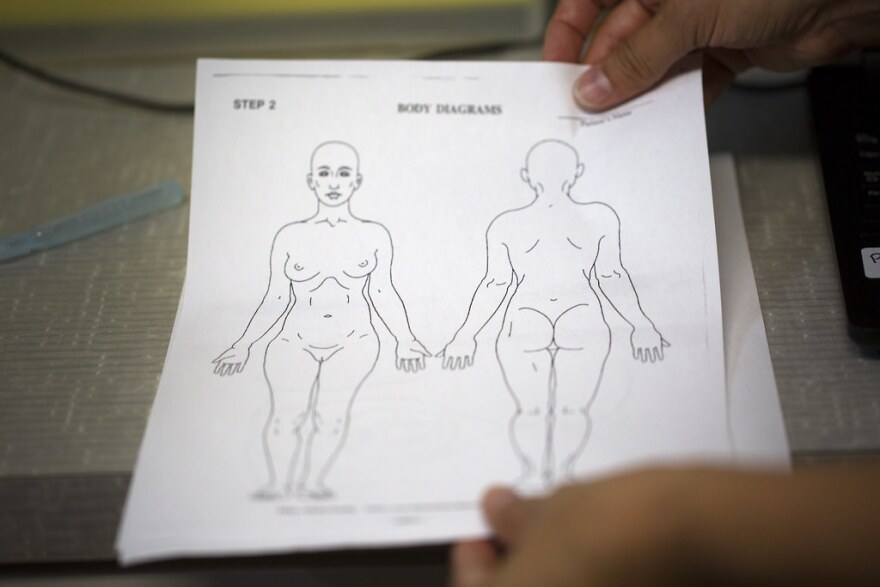Texas lawmakers added more than $75 million to the budget in the last legislative session for sexual assault-related initiatives.
Nearly $60 million was allocated to build new crime labs to test rape evidence kits more quickly and efficiently. The measure came in response to a nearly decade-long rape kit backlog in Texas, which left many sexual assault cases stalled within the criminal justice system.
RELATED | The Provability Gap: Why Sexual Assault Cases Are So Hard To Prosecute In Austin
On Sunday, a law passed in the previous session also went into effect. HB 281, sponsored by state Rep. Donna Howard of Austin, created the Sexual Assault Evidence Tracking Program, or Texas Track-Kit. This new tracking system for rape evidence is meant to help survivors, nurses, law enforcement and prosecutors know exactly where rape kits are at all times.
House Bill 8, authored by state Rep. Victoria Neave of Dallas, also went into effect Sunday. Known as the Lavinia Masters Act after a woman whose rape kit sat on a shelf for more than two decades, it puts new time limits on collecting, analyzing and preserving forensic evidence in sexual assault cases. The law requires crime labs to complete testing of an evidence kit within 90 days of receiving a request. It also extends the criminal statute of limitations for cases in which evidence was collected but not tested.
The Legislature also changed the Texas Penal Code’s definition of sexual assault. SB 194 makes any non-penetrative assault, such as “groping,” a Class A misdemeanor, punishable by up to a year in jail, a fine up to $4,000 or both. Previously, this type of assault was considered a Class C misdemeanor, equivalent to a traffic ticket.
Texas lawmakers also added more than $7 million to the Attorney General’s two-year budget to fund the office’s Sexual Assault Crisis and Prevention Services Programs. This will give more money to rape crisis centers, which provide counseling and other services to survivors of sexual violence.
The Texas Association Against Sexual Assault found in 2018 that 54% of these crisis centers said they had a waitlist for at least one service. Of those, 45% reported waitlists could last up to five months.
“This was my fifth legislative session in Texas and, far and above any other session, we got more done this time,” said Christopher Kaiser, director of public policy and general counsel at Texas Association Against Sexual Assault. “I think a combination of #MeToo putting sexual violence and sexual harassment on people’s minds heading into session made people really motivated to want to address the issue and also created some public pressure to get something done.”
For a full list of all bills passed last session regarding sexual assault click here.










